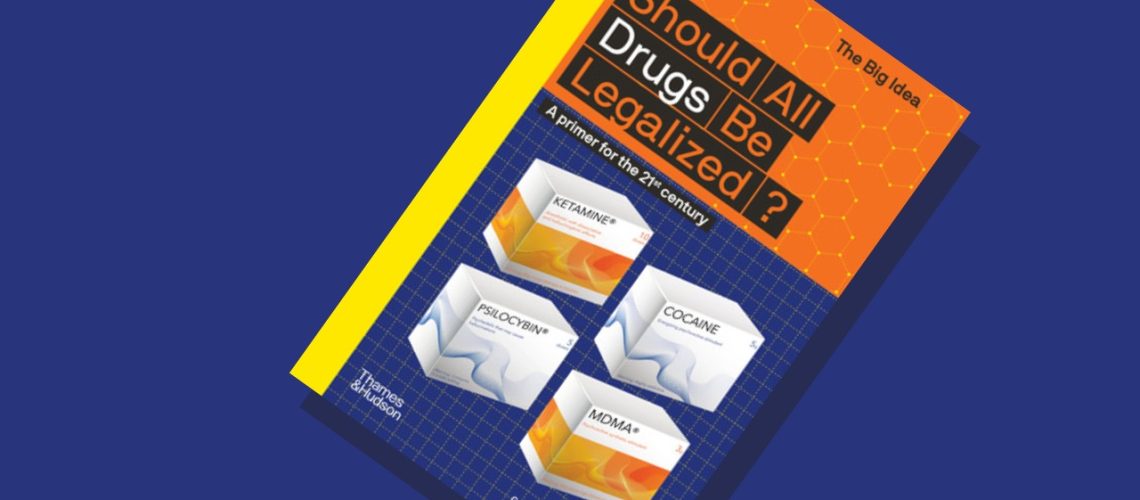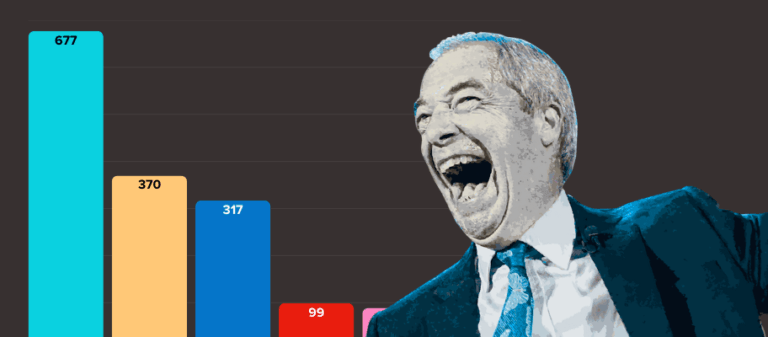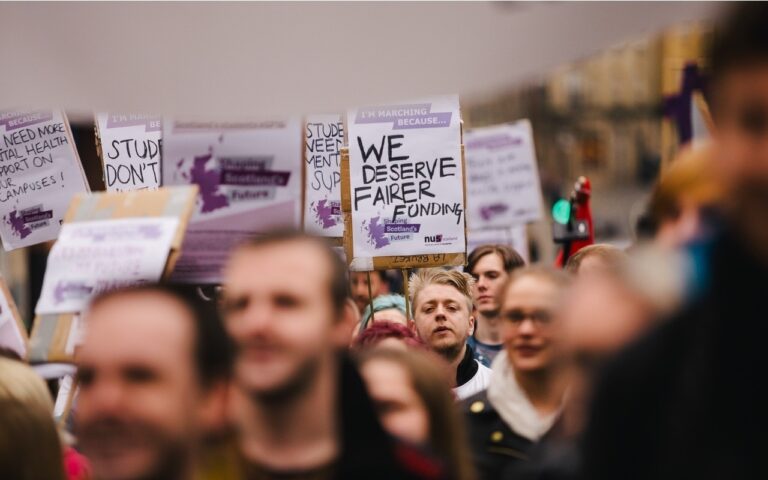Mattha Busby tackles one of the biggest social issues facing the global community. The use of “illicit” drugs is on the rise across most Western countries and the many countries where the global drug trade routes cut through. This book makes the argument that the war on drugs has failed miserably and has done more damage than the taking of drugs could ever do. It seeks to answer four questions: How did we get here? Did policymakers really think a drug-free world was possible? Why are some drugs legal while others remain prohibited? Should all drugs be legalised?
Before focusing on the content of the book, it would be remiss of me not to discuss the design and layout of the book. A step away from a traditional non-fiction book, it is perhaps a cross between a policy paper and an informative article. Busby’s layout is unique – the structure of the paragraphs was very new to me. They are structured in a way of importance, the more important a paragraph, the larger the font in the book. The reader can get through the book in about 30 minutes by just reading the larger paragraphs and gathering the author’s main points. Of course, the book is worth reading in its entirety, but it is worth pointing out the step away from traditional layout – which was a first for me but that could be a new trend in literature. Also, as a dyslexic, I found this much more engaging than a standard 12-point book. As a self-described “primer”, it does what it says on the tin.
The first section on the history and production of drugs was a fascinating read, which gave an insight into the use of drugs throughout human history and how normal it was. It was only in the past 150 years that drugs have either been weaponised – famously by the British against China in the Opium Wars – or prohibited. The prohibition of drugs started to seriously take form in the 1960s in America and then became an issue made global by the United Nations, with a large amount of pressure from the United States. When discussing the production of drugs, Busby takes effort to mention the impact that production has on the country of origin and its neighbouring countries. Afghanistan is a strong example of the influence drugs can have on the stability of a country. Before the Soviet and US invasions, in 1979 and 2001 respectively, heroin production and use were negligible. After the invasions, production was often used to fund further conflict, and an increase in heroin use was seen in neighbouring Pakistan as well. From 1979 to 1985, more than one million people used heroin.
The United States began their war on drugs across the world at home, a war that was doomed from the start. Busby quotes Tom Feiling, author of The Candy Machine: How Cocaine Took Over the World: “Amid the unfolding disaster in Vietnam, the wily Republican Nixon moved to cast drugs as ‘public enemy number one’”. In doing so, Nixon vastly increased the funding to eradicate the supply and use of drugs. This was the first domino to fall that led to the current state of the global illicit drug trade. The war on drugs was a front to tackle who Nixon saw as his greatest opponents whilst in the White House. In 1968, Nixon ran his presidential campaign on a platform of law and order with “the silent majority” being a main audience. After the campaign, John Ehrlichman, Nixon’s domestic policy chief, confessed that there were two groups to miscellaneously target: “The anti-war left and Black people… We knew we couldn’t make it illegal to be either against the war or black, but by getting people to associate hippies with marijuana and Blacks with heroin, and then criminalizing both heavily, we could disrupt these communities.”
With the United States leading the way, countries across the world began to develop drug laws that were rooted in racial and political prejudice. Marginalised communities have been the most brutalised by drug related crime and the overzealousness of an increasingly militarised police force.
Busby continues onwards to describe the outrageous acts against humanity that the US funds each year in South America – all in the name of winning the war on drugs. The most damning is the use of the Agent Orange substance that is dropped from helicopters and planes to destroy coca farms in Latin America. The growers, often Indigenous people, will also be present as this chemical warfare takes place destroying their livelihood, their homes, and their families.
It is not just illicit drugs the author comments on but also the role that American pharmaceutical companies have played in the current drug crisis in the United States. Before they were regulated and their side effects recorded, drugs such as opium, cocaine, and morphine were readily available from local pharmacies. They were heralded as a cure-all for common ailments and serve as an indicator for how long drug companies have exploited the side effects of addiction for profit. It is here where the author makes his core point about legalisation. We cannot leave the regulation or sale of these drugs to pharmaceutical companies; their predatory and exploitative behaviour must be put an end to.
“Free market legalization and an absence of controls could be even more dangerous than the current anarchy, with corporations able to aggressively market poorly regulated products to impressionable young people.”
There is hope for stopping the drug deaths across the world. As Busby writes, there have been increasing efforts by countries across the world to halt the war on drugs. Guatemala, Columbia, and Mexico have all demanded for prohibitionist policies to be reconsidered and alternatives, such as legal regulation of drug markets and decriminalisation, to become the norm. UN agencies, as of 2019, have dropped their ridiculous goal of a “drug free world”, slowly calling for decriminalisation and the ripping up of punitive laws to focus on public health outcomes instead. In Europe, the Czech Republic and Portugal have decriminalised all drugs with strong outcomes for their nations’ health. Busby also mentions Scotland “inching” towards such a policy. I personally believe we have a long way to go yet, however, with the Lord Advocate moving to remove prosecution for the possession of drugs in favour of a police warning, perhaps Scotland is making slow progress – something it desperately needs.
Before concluding, Busby focuses on the Portuguese numbers regarding drug deaths and the uptake in counselling. The numbers very clearly speak for themselves: drug related deaths in Portugal fell from 369 in 1999 to 22 in 2017. Harm reduction measures were also introduced, and HIV infections occurring in people who inject drugs fell from 1482 to 78 a year in the same period. Portugal presents a clear case of success. However, the biggest impact of the measures Portugal brought in was on the stigmatisation of drug use. The creator of Portugal’s drug policies, Dr João Goulão, advises “to let people speak clearly and to pursue professional help without fear”.
Busby’s book gives a fantastic insight to the relationship the world has with drugs and how brutalised and exploited for profit they have been, whether that is aggressive drug trafficking, gang warfare, or American foreign policy. The conversation around drugs needs to shift away as soon as possible from the tired old rhetoric that drugs are an evil that needs to be removed from society. Humanity has had a relationship with drugs for millennia. The conversation needs to move towards drugs as a health issue, harm reduction needs to be promoted, and the testing of drugs needs to become the regular. Busby ends his book with a paragraph that emphasises this:
“It is not so much a war on drugs but a war on people. Human desire and market forces dictate that the war could never be won. It is time to deal with reality and responsibly regulate.”






